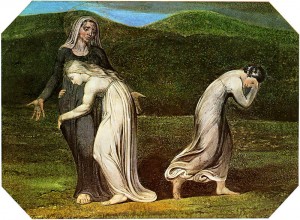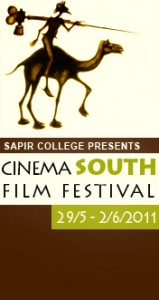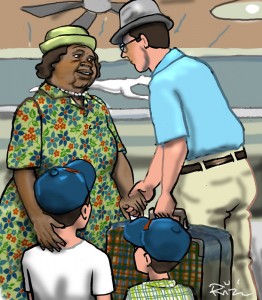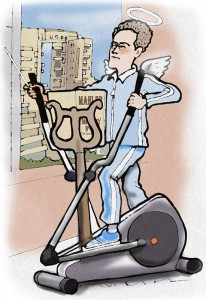I didn’t hear the “Re-Vo-Lu-Tion” chants that Gershom heard because I was unable to attend the demonstration Saturday night. Had I not been otherwise engaged, I would have attended, but I suspect that I would come home more meditative and less enthusiastic than my blog partner.
Like Gershom, I’m delighted to see Israel’s young people wake up to the fact that they can change the society they live in. And I’m even more delighted to see the citizenry in general growing mad as hell at the massive inequalities that have emerged in Israeli society since the market and profit motive became the new idols worshipped by nearly all Israeli politicians.
But Gershom and I have a long-running debate over economic policy. He harks back to the socialist economy of the 1960s and 1970s as a golden time, when the government (along with the Histadrut labor federation, virtually its alter ego) provided a comprehensive package of social services to the populace run by a huge and inefficient bureaucracy. The social services were adequate but offered poor and rude service, and the red tape and wastefulness caused many social ills. Huge amounts of time were wasted waiting in lines; inefficient and low-paying industries were heavily subsidized, strangling innovation; and there was little choice, neither in goods nor services. Furthermore, inflation was high, constituting a hidden tax on wage-earners and entrepreneurs. Perhaps our differences stem in part from the fact that, back then, Gershom was a salaried employee while I was self-employed.






 Sara has now published an earnest and incredibly touching memoir about that worst of all possible nightmares.
Sara has now published an earnest and incredibly touching memoir about that worst of all possible nightmares. 







